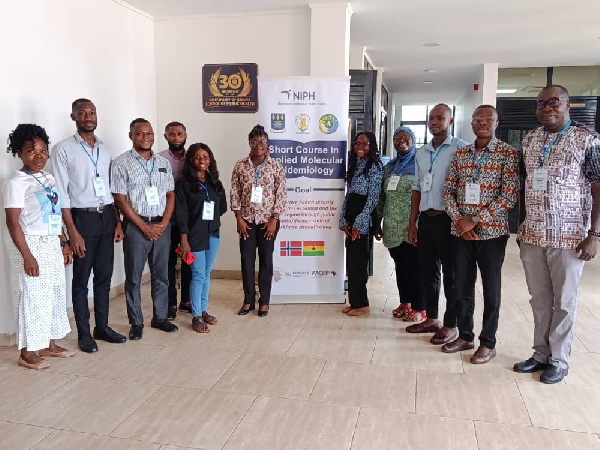
In Minnesota, we've long recognized education as a cornerstone of our state's prosperity. For half a century, our bipartisan commitment has ensured every student — regardless of their school — has equal access to essential resources. Gov.
Tim Walz’s recent budget proposal threatens this promise, jeopardizing the educational futures of thousands of Minnesota students, particularly those from low-income families. His decision to slash aid to nonpublic-school students for textbooks, transportation, counseling, and mental health services, falsely labeled as fiscal prudence, is an alarming attack on fairness, the well-being of Minnesota kids, and common sense. ADVERTISEMENT Since the 1970s, Minnesota has acknowledged education isn't a one-size-fits-all proposition.

Whether parents choose public, private, or home school, each student deserves equal access to basic educational resources. Importantly, this aid is provided directly to students — not private or religious schools — administered in cooperation with public school districts. This foundational principle was codified into Minnesota statute 123B.
40, affirming our state’s commitment to educational opportunity. Yet, Gov. Walz now seeks to abandon this commitment, eliminating over $110 million annually in critical support for Minnesota kids and families.
To put this into perspective, this aid represents only 0.8% of Minnesota’s biennial E-12 education budget — less than a penny out of every education dollar. Instead of targeting wasteful spending or administrative bloat, the Governor takes direct aim at hardworking families who've sacrificed to provide education aligned with their values and their children's unique needs.
This modest aid helps families afford essential services, representing just a fraction of their contributions since private school parents also pay taxes supporting public schools. According to July 2024 projections, the governor’s cuts translate into roughly $1,080 lost per student each year. For countless Minnesota families — especially those with limited financial means — this translates into higher tuition, reduced services, or abandoning schools best suited to their children's educational needs.
This impact isn’t limited to the Twin Cities. In Rochester and Winona, students attending Lourdes High School, Rochester Central Lutheran School, St. Pius X School, Cotter Schools and others would be directly affected by the governor’s cuts.
For these families — many already stretching to afford tuition — the loss of support for transportation, counseling, and mental health services could put their children’s education and well-being at serious risk. Why would Minnesota abandon a fiscally responsible and educationally effective policy that has worked seamlessly for decades? Nonpublic schools already save Minnesota taxpayers nearly half a billion dollars annually by educating students outside the public system. The modest aid provided for transportation, textbooks, and student services is hardly extravagant; it's a prudent investment benefiting both students and taxpayers.
Gov. Walz’s administration portrays these cuts as necessary financial discipline — a dubious claim given the recent $19 billion budget surplus eagerly spent elsewhere, alongside tax hikes totaling $11 billion. Yet, the governor suddenly pleads poverty when it comes to modest, effective aid directly benefiting Minnesota families.
Even some DFL legislators disagree with these cuts, actively supporting a bipartisan bill to expand counseling services into primary grades (K-6). Let’s be candid: Many nonpublic schools serve predominantly low-income communities where local public schools have fallen short or are unsafe. For these families, educational choice isn’t a luxury — it's a lifeline.
Removing this support doesn’t just harm individual students; it undermines Minnesota’s core commitment to equality, opportunity, and educational excellence. ADVERTISEMENT Neighboring states like Iowa, Wisconsin, North Dakota, and South Dakota understand the importance of supporting nonpublic education, providing comparable — or greater — support for student aid and transportation. Why would Minnesota willingly regress, making education less accessible and significantly more costly for thousands of families? Perhaps most disturbing is the removal of funding for mental health resources for kids.
Americans recognize the mental health epidemic facing our children today. Yet Gov. Walz proposes eliminating these services for many Minnesota students.
If he had proposed eliminating mental health funding for prison inmates, bipartisan opposition would rightly erupt. Yet, he’s proposing exactly that for our state’s children. Gov.
Walz’s proposed budget cuts to student aid represent a profound error — a self-inflicted wound undermining Minnesota’s educational values. It's neither progressive nor conservative, neither fiscally responsible nor compassionate, to deliberately disadvantage thousands of Minnesota students simply because their families choose nonpublic education. As Minnesotans, we pride ourselves on fairness, common sense, and prudent financial stewardship.
Gov. Walz’s budget betrays these very values. We urge Minnesota legislators and citizens alike to decisively reject this misguided proposal.
Now is the time to reinforce Minnesota’s bipartisan promise: educational opportunity for every child, regardless of the school they attend. Anything less is unacceptable. Jim Schultz is president of the Minnesota Private Business Council and was the Republican nominee for Minnesota Attorney General in 2022.
Follow him on X: @JimForMN. Rabbi Joshua Borenstein is executive director at Torah Academy of Minneapolis..














